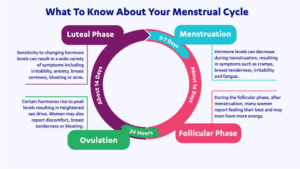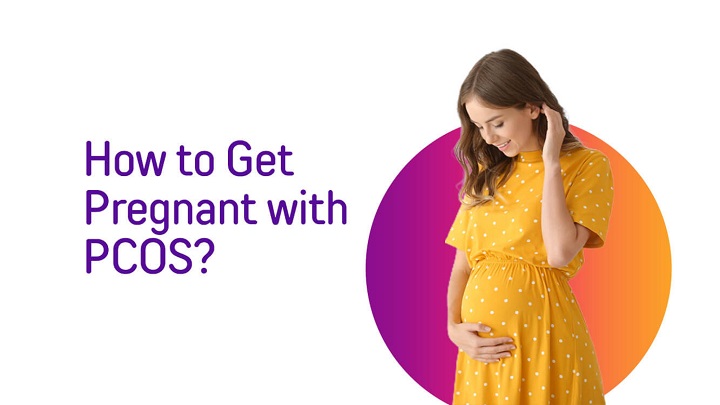Getting pregnant is an exciting and important journey for many couples. While it may seem like a straightforward process, there are certain factors that can influence your chances of conceiving. In this comprehensive guide, we’ll provide you with valuable tips and advice to increase your chances of getting pregnant.
Understanding Your Menstrual Cycle

Track Your Ovulation
- Knowing when you ovulate is crucial for optimizing your chances of getting pregnant.
- Use ovulation predictor kits or chart your basal body temperature to identify your fertile days.
- Plan intercourse during your fertile window, which usually occurs around the middle of your menstrual cycle.
Pay Attention to Your Cervical Mucus
- The consistency and appearance of your cervical mucus change throughout your menstrual cycle.
- When you’re nearing ovulation, your cervical mucus becomes clear, slippery, and stretchy, resembling egg whites.
- This is a sign that you are approaching your most fertile days.
Healthy Lifestyle Choices
Maintain a Balanced Diet
- A well-balanced diet rich in nutrients like folate, iron, and calcium can improve your fertility.
- Include plenty of fruits, vegetables, whole grains, and lean proteins in your diet.
- Avoid excessive consumption of caffeine, alcohol, and processed foods.
Exercise Regularly
- Engaging in regular physical activity helps maintain a healthy weight and improves overall well-being.
- Aim for at least 30 minutes of moderate exercise most days of the week.
- Avoid excessive strenuous exercise, as it can disrupt your menstrual cycle.
Manage Stress
- High levels of stress can interfere with ovulation and fertility.
- Practice relaxation techniques such as deep breathing, meditation, or yoga.
- Ensure you get enough restful sleep to help reduce stress levels.
Understand Your Partner’s Health
Encourage a Healthy Lifestyle for Your Partner
- Both partners’ health and lifestyle choices play a role in fertility.
- Encourage your partner to maintain a balanced diet, exercise regularly, and avoid smoking and excessive alcohol consumption.
- These factors can positively impact sperm quality and motility.
Avoid Harmful Substances
Quit Smoking
- Smoking is detrimental to both male and female fertility.
- It can lead to decreased sperm count in men and disrupt the menstrual cycle in women.
- Quitting smoking can significantly improve your chances of getting pregnant.
Limit Alcohol Consumption
- Excessive alcohol consumption can negatively affect fertility in both men and women.
- It’s advisable to limit alcohol intake or, ideally, abstain while trying to conceive.
Seek Professional Guidance
Consult a Healthcare Provider
- If you’ve been trying to conceive for a year without success (or six months if you’re over 35), consider consulting a healthcare provider.
- They can provide personalized advice, conduct fertility assessments, and recommend appropriate treatments if necessary.
Consider Fertility Testing
- Fertility testing can provide valuable insights into potential issues affecting your ability to conceive.
- Tests may include hormone evaluations, ultrasound scans, and semen analysis for both partners.
Embarking on the journey to parenthood is an exciting and significant step in your life. By understanding your body, making healthy lifestyle choices, and seeking professional guidance when needed, you can enhance your chances of getting pregnant. Remember, patience and persistence are key, and with the right approach, you’ll be well on your way to welcoming a new addition to your family.


